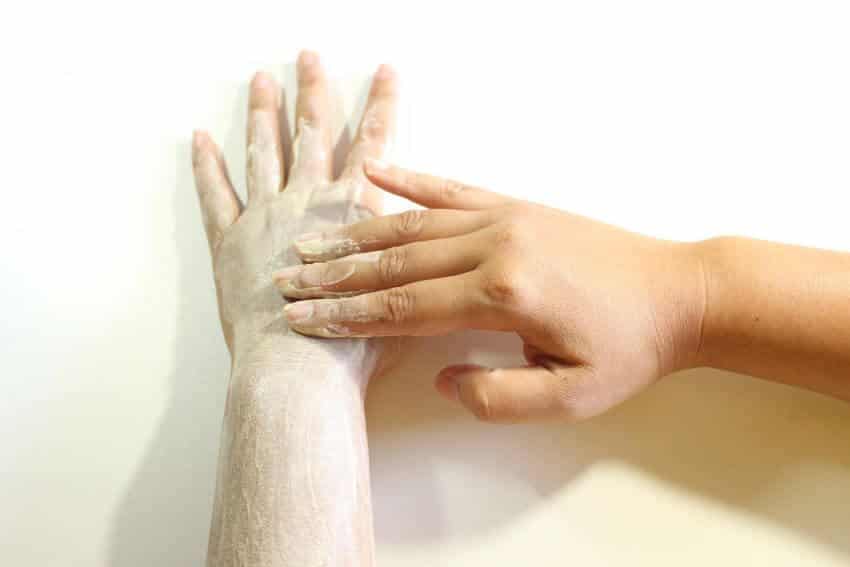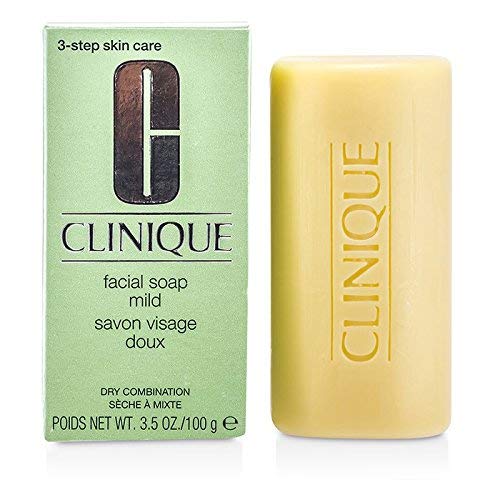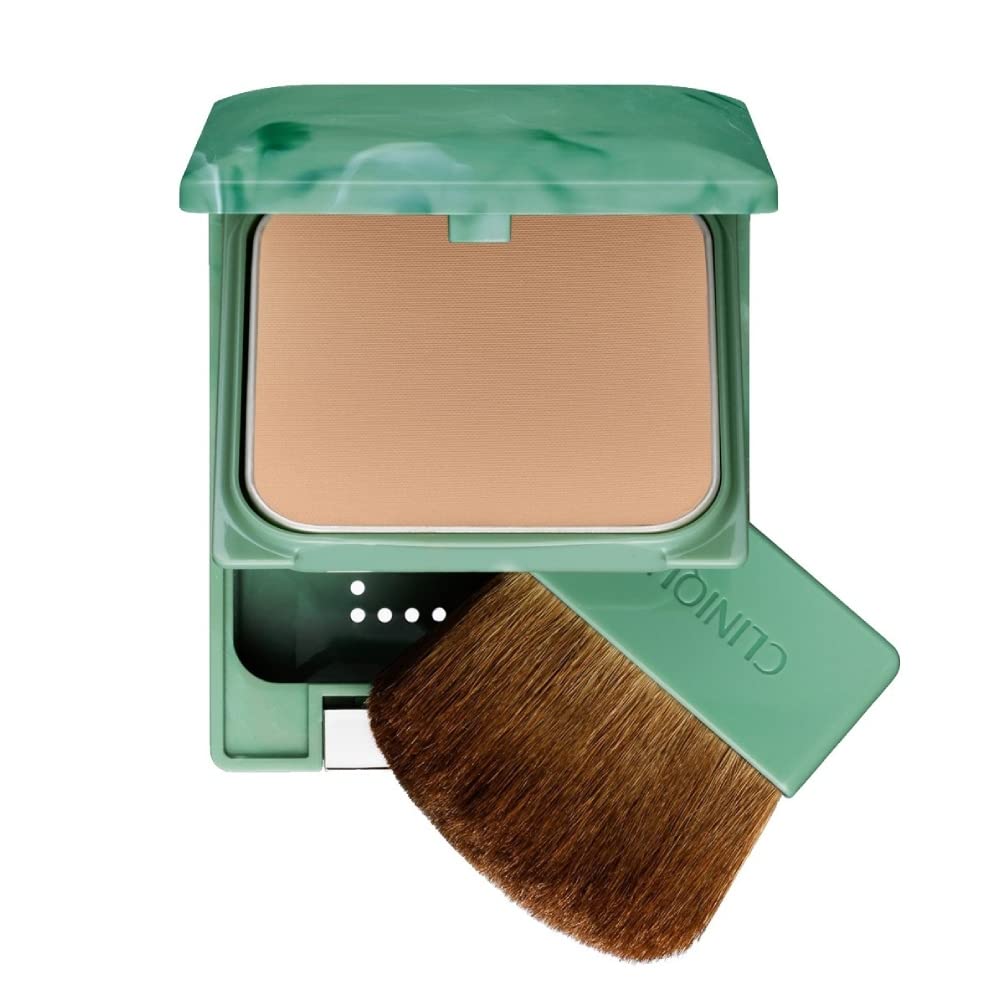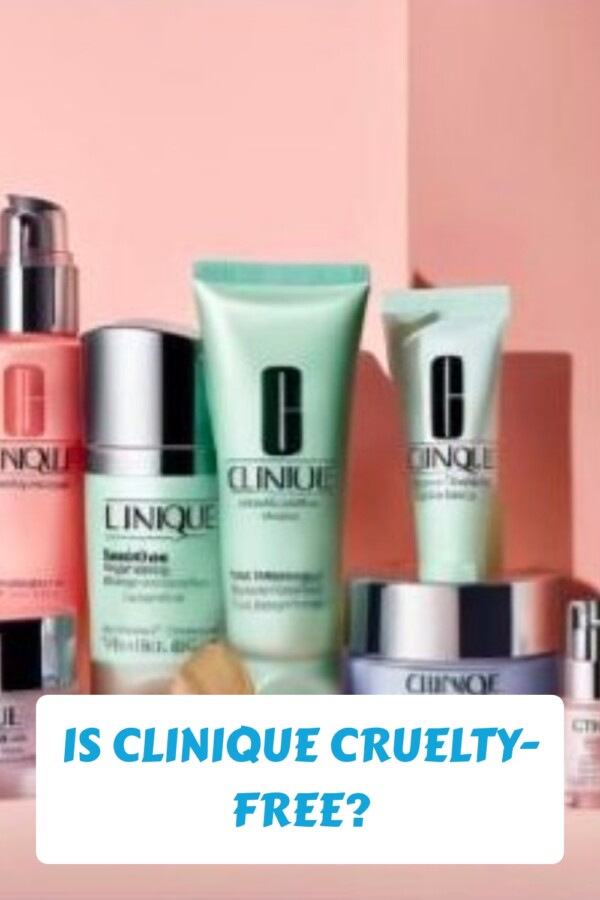Cruelty-free cosmetics have taken center stage in global beauty as consumers increasingly opt for ethical and environmentally friendly products. But when it comes to popular brands, where do they stand? Today, we dive into the practices of Clinique, a household name in skincare and makeup. Is Clinique cruelty-free, or does a darker reality lurk behind its standout range of products?
Join us as we peel back the layers, exploring Clinique’s animal testing policy and commitment (or lack thereof) to wildlife conservation. The journey we embark on may just change your shopping cart and impact the critical fight against animal cruelty.
Yes, Clinique is a cruelty-free brand. They do not test their products or ingredients on animals or sell them in countries where animal testing is required by law. Clinique is committed to the ethical treatment of animals and ensures that their products meet high quality and safety standards without animal testing.
Is Clinique a Cruelty-Free Brand?
Whether Clinique is a cruelty-free brand has sparked numerous debates and discussions within the beauty community. To determine their stance, it’s crucial to consider various factors related to animal testing and product ingredients.
Clinique does not meet the criteria to be considered a cruelty-free brand. They may test their products on animals themselves, through their suppliers, or via a third party. This inclusion of animal testing in the manufacturing process contradicts the cruelty-free principle embraced by certain ethical consumers.
For instance, Clinique’s parent company, Estée Lauder, conducts tests on animals where required by law. Additionally, Clinique sells its products in China, where animal testing is mandated by law for certain cosmetics imported and sold there. Although bypassing animal testing in China is feasible but rare, it requires meeting rigorous regulatory requirements.
Understanding this information might lead some individuals to question whether supporting Clinique aligns with their values. While it’s important to note that Clinique may offer some vegan products, the lack of an official cruelty-free certification raises concerns about the overall ethics of the brand.
Now that we have addressed whether Clinique is a cruelty-free brand let’s delve into clarifying Clinique’s stance on animal testing.
- In 2022, it was established that Clinique is not considered cruelty-free due to their parent company, Estee Lauder’s business in China, which requires cosmetic brands to consent to animal-tested products.
- While a growing percentage of companies have shifted to cruelty-free, as of 2023, only around 20% of all cosmetic brands globally can claim this status.
- According to reports from Cruelty-Free International, it is estimated that approximately 500,000 animals are still used for cosmetics testing each year worldwide, including those available through subsidiaries like Clinique.
Clarifying Clinique’s Stance on Animal Testing

Clinique asserts that they do not conduct animal testing unless required by law. This statement implies that if there are no legal obligations forcing them to test on animals, they would abstain from doing so.
However, due to their sales in China and the Chinese regulations mandating animal testing for imported cosmetics, it isn’t easy to ascertain whether any specific product has been tested on animals. Transparency regarding individual product testing remains limited.
It is essential for conscientious consumers who prioritize cruelty-free brands in their purchasing decisions to be aware of these nuances. Weighting the pros and cons, considering individual ethics, and exploring alternative brands that align more closely with cruelty-free values can help make an informed choice.
Certification and Compliance Facts
When determining whether a brand is cruelty-free, certification and compliance are important factors to consider. In the case of Clinique, there are a few key points to note regarding their certification and compliance with cruelty-free standards.
Firstly, it’s important to mention that Clinique is not certified by any recognized cruelty-free organization. While this does not necessarily mean that they test on animals, it does raise questions about their commitment to cruelty-free practices. Without an official certification, consumers must rely on the information provided by the company and conduct their research.
It’s worth noting that Clinique is owned by Estée Lauder, a cosmetics conglomerate that operates multiple brands. Each brand within Estée Lauder may have its policies and practices regarding animal testing. Understanding the role of Estée Lauder in influencing Clinique’s policies is crucial to gaining insights into their stance on animal testing.
See Related: Is Jergens Cruelty-Free? Everything You Need to Know
The Role of Estée Lauder in Clinique’s Policies

Estée Lauder plays a significant role in shaping the animal testing policies of its subsidiary brands, including Clinique. As a parent company, Estée Lauder has the power to influence and set guidelines for its brands regarding animal testing.
In recent years, Estée Lauder has become involved in supporting global campaigns against animal testing, such as the BeCrueltyFree campaign led by the Humane Society International. They have expressed their commitment to advocating for a global ban on animal testing for cosmetics.
However, despite this commitment, it’s important to acknowledge that Estée Lauder still sells products in countries like China, where animal testing is mandatory by law for certain imported cosmetics. This raises questions about their true dedication to cruelty-free practices across all markets.
For example, while Estée Lauder may support the BeCrueltyFree campaign globally, some argue that they could use their influence to push for changes in countries like China, where animal testing is legally required. Others believe that the company’s presence in such markets helps gradually introduce more animal-friendly practices and products.
Understanding the role of Estée Lauder in shaping Clinique’s policies is essential when evaluating their commitment to cruelty-free practices. It’s important for consumers to consider various factors and make informed decisions based on their values and priorities. Now that we have explored the role of Estée Lauder let’s delve deeper into Clinique’s specific animal testing policy to understand their stance on this issue better.
Estée Lauder’s Stance on Animal Testing

Estée Lauder, a prominent name in the beauty industry, has made noteworthy strides toward supporting cruelty-free practices. The company joined the BeCrueltyFree campaign by the Humane Society International, which aims to educate and legislate against animal testing for cosmetics worldwide. This commitment adds weight to the movement toward ending cosmetic animal testing globally.
Despite this, it’s important to note that some Lauder group brands still sell products in China, where animal testing is mandatory due to regulatory requirements. However, draft regulations are being discussed in China that may lift the stipulation of mandatory animal testing.
The International Impact: Animal Testing in China
China’s animal testing regulations have garnered significant attention in recent years. In 2023, China implemented strict laws surrounding animal testing for cosmetics and other consumer products. The good news is that China has officially banned animal testing for all domestically produced and imported cosmetic products. This ban is a positive step forward for animal welfare advocates as fewer animals will be subjected to cruel and unnecessary testing procedures.
However, it’s important to note that the ban only applies to cosmetic products and not industries in China that still rely on animal testing. While consumers can now purchase cosmetic products in China with the knowledge that they were not tested on animals, international brands may still be conducting animal testing in other parts of the world and importing their products into China.
Implementing this ban will require companies selling products in China to find alternative testing methods, such as in vitro testing or computer modeling. Moreover, this move by China could potentially encourage other countries worldwide to follow suit and eliminate or greatly reduce animal testing within their own borders.
China’s new animal testing laws represent a positive step forward for animal welfare and the cosmetics industry. With growing global awareness about cruelty-free options, it is essential for both consumers and companies to support and embrace ethical practices.
China’s implementation of strict laws banning animal testing for cosmetic products is a significant win for animal welfare advocates. This move signifies a positive step towards reducing cruel and unnecessary testing procedures. However, it is important to note that the ban only applies to cosmetics and not other industries in China that still rely on animal testing.
Companies selling products in China must find alternative testing methods, potentially fostering innovation in cruelty-free practices. This ban may also inspire other countries to follow suit and adopt similar regulations. As global awareness about ethical practices grows, consumers and companies should actively support and embrace cruelty-free options in the cosmetics industry.
See Related: Is Nyx Cruelty Free? The Ethical Beauty Brand Explained
Alternatives: Cruelty-Free Brands to Consider
If you’re concerned about animal testing and are looking for cruelty-free alternatives to Clinique, there are several brands that prioritize ethical practices and provide high-quality skincare and cosmetics. Let’s explore a few options:
1. e.l.f. (Eyes Lips Face): Known for its affordable prices and wide range of products, e.l.f. is a popular choice among those seeking cruelty-free options. Their products are not tested on animals, and they have been committed to this stance from the beginning.
2. Urban Decay: Urban Decay is another brand that is often recommended as a cruelty-free alternative to Clinique. Certified by both PETA and The Leaping Bunny Program, Urban Decay does not test their products on animals. They also require their suppliers to provide certification that raw materials used are not tested on animals.
For instance, imagine Sarah, a skincare enthusiast who had been using Clinique products for years, but after discovering their animal testing policy, she decided to switch to Urban Decay. She found great satisfaction knowing that her makeup routine aligned with her values.
While these brands offer cruelty-free options, it’s important to note that Urban Decay is owned by L’oreal, which may raise concerns about their parent company’s cruelty-free status. So, if supporting a completely independent brand is important, e.l.f. might be a better choice. Other notable brands to consider include Tarte and Makeup Forever HD Foundation, both known for their commitment to being cruelty-free.
It’s worth mentioning that the world of cruelty-free cosmetics is constantly evolving, so doing your research and staying informed about a brand’s current policies is essential. Additionally, certifications from organizations like PETA or The Leaping Bunny Program can provide further assurance regarding a brand’s cruelty-free status. Now that we’re aware of some of the alternatives to Clinique let’s dive deeper into the reasons why Clinique is not considered a cruelty-free brand.
Related Resources:
- Is L’Oreal Cruelty-Free? The Truth About Testing and Vegan Products
- Is La Roche Posay Cruelty-Free and Vegan? Here’s What You Need To Know
- Best Vegan Boots: Top Picks for Eco-Friendly Footwear




